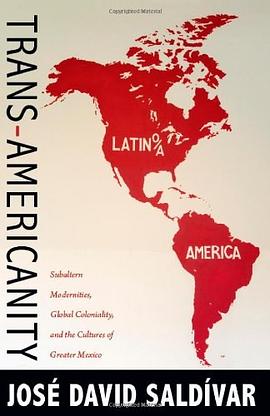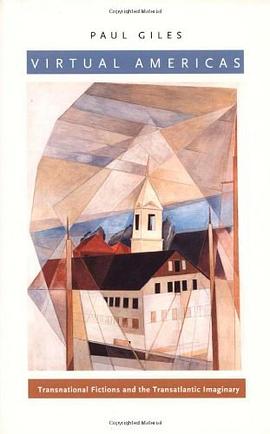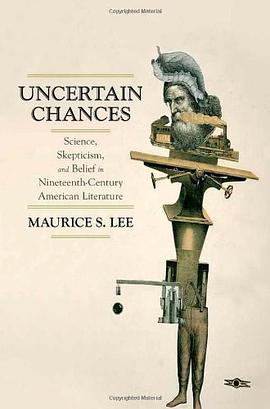

具體描述
A founder of U.S.-Mexico border studies, Jose David Saldivar is a leading figure in efforts to expand the scope of American studies. In Trans-Americanity, he advances that critical project by arguing for a transnational, antinational, and "outernational" paradigm for American studies. Saldivar urges Americanists to adopt a world-system scale of analysis. "Americanity as a Concept," an essay by the Peruvian sociologist Anibal Quijano and Immanuel Wallerstein, the architect of world-systems analysis, serves as a theoretical touchstone for Trans-Americanity. In conversation not only with Quijano and Wallerstein, but also with the theorists Gloria Anzaldua, John Beverley, Ranajit Guha, Walter D. Mignolo, and Gayatri Chakravorty Spivak, Saldivar explores questions of the subaltern and the coloniality of power, emphasizing their location within postcolonial studies. Analyzing the work of Jose Marti, Sandra Cisneros, Toni Morrison, Arundhati Roy, and many other writers, he addresses concerns such as the "unspeakable" in subalternized African American, U.S. Latino and Latina, Cuban, and South Asian literature; the rhetorical form of postcolonial narratives; and constructions of subalternized identities. In Trans-Americanity, Saldivar demonstrates and makes the case for Americanist critique based on a globalized study of the Americas.
著者簡介
圖書目錄
讀後感
評分
評分
評分
評分
用戶評價
相關圖書
本站所有內容均為互聯網搜索引擎提供的公開搜索信息,本站不存儲任何數據與內容,任何內容與數據均與本站無關,如有需要請聯繫相關搜索引擎包括但不限於百度,google,bing,sogou 等
© 2025 book.quotespace.org All Rights Reserved. 小美書屋 版权所有




















